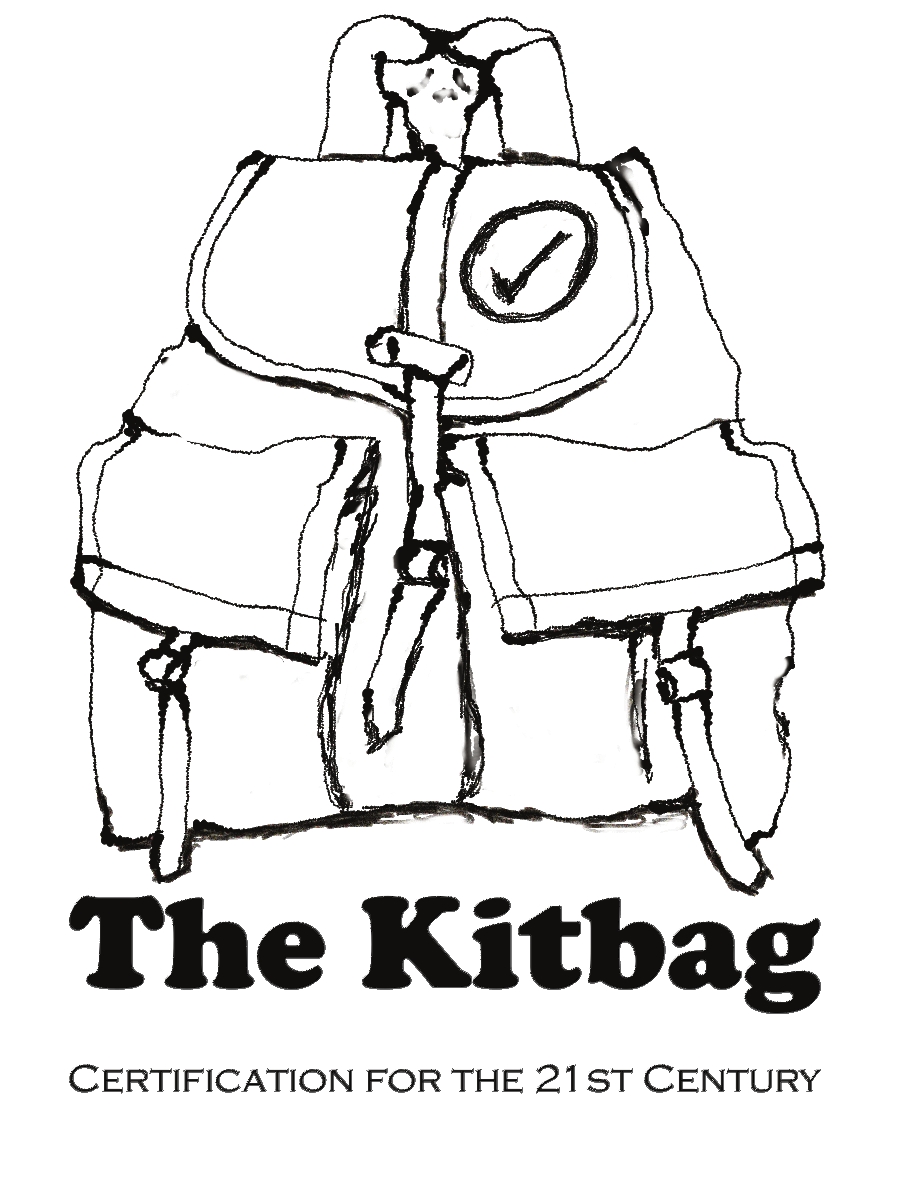A long time ago a colleague told me about a reporter going through a customs inspection at an airport in a developing country. As the customs officer emptied his suitcase and all other bags on the table, checking every pocket and container he could find the reporter asked: "If you tell me what you are looking for I'll let you know if I have it in my bags and show you where it is." The customs officer stared directly into his eyes and with a serious expression said: "If I tell you then we will both know" and then returned to tearing apart the reporter's bags.
Sometimes standards appear to be just like the customs officer, they appear to be reasonable but no body really knows what is required until the auditor finds what she is looking for.
This can drive clients crazy because they want to make sure they know what they have to do and they want it all done before the auditor gets on site.
A key component of knowing what you have to do is knowing what the terminology in the requirements really means.
I know it sounds boring but a good glossary of terms with clear definitions can turn your requirements from vague to precise. Every scheme should have its own glossary of terms and acronyms to help the user understand what you really mean, not just what they think you mean.
Here are my high point recommendations on how to write good definitions for your scheme:
- There should be only one authoritative list of definitions; this avoids the eventuality of having several definitions for the same term.
- A term should be defined when it has more than one common definition, one or more of which can cause an inaccurate reading of the requirements.
- A term should be defined when it is unique to your scheme.
- There should only be one definition for each term.
- When more than one term is used for the same definition (e.g. ‘producer country’ and ‘country of origin’) there should be only one definition for the main term and the second term should be included in the glossary with a reference to the main definition (e.g. “country of origin: see producer country”).
- Terms should be defined in clear simple language, using short sentences.
- Definitions should not include examples, illustrations, similes or metaphors.
Clear definitions can make audits go more smoothly, encourage your scheme's users to be in compliance sooner and can help make sure that everyone knows what the requirement really means.
Now we all know.
